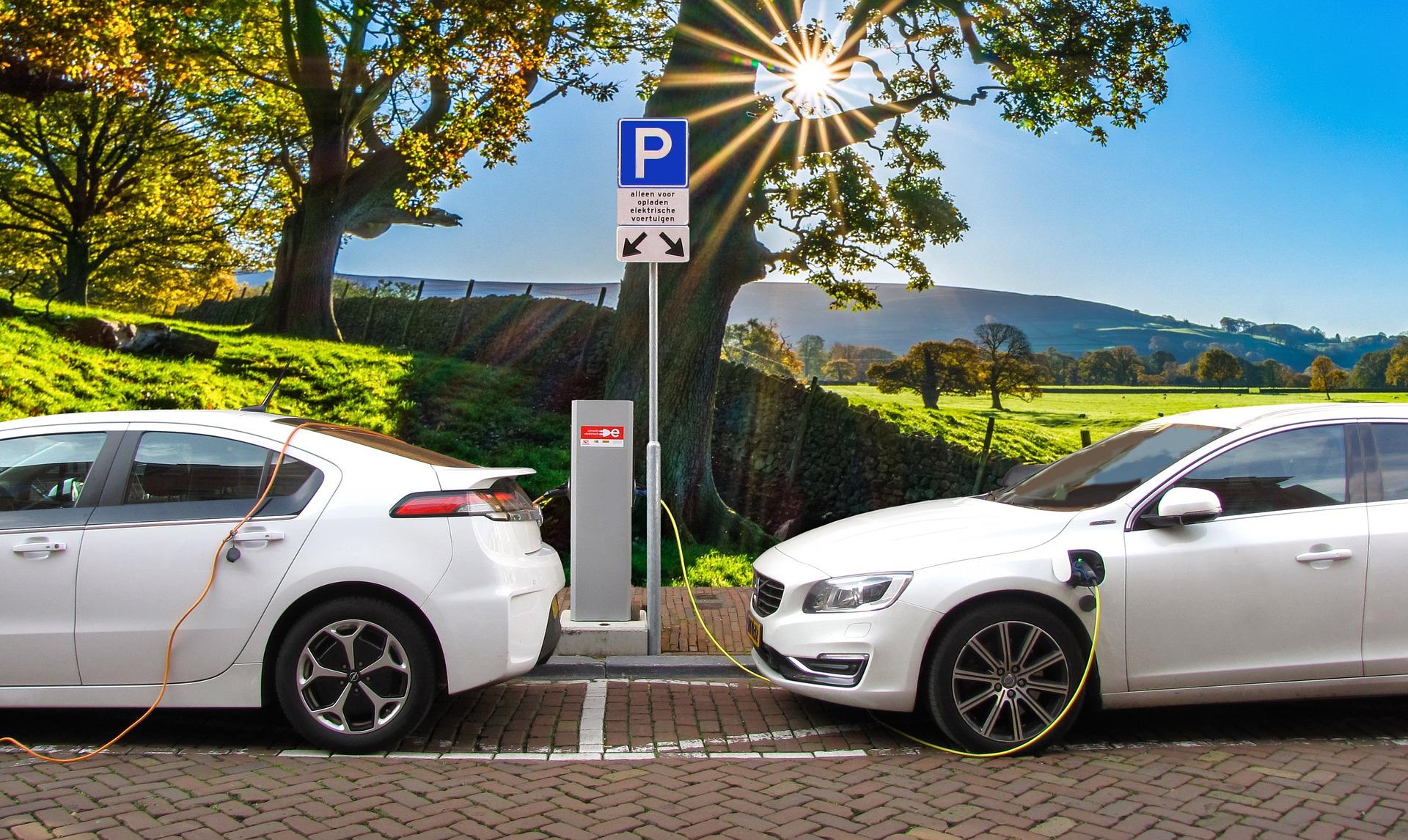
Preparing Your Home for an Electric Vehicle
July 19, 2022The average price of gasoline has peaked this year at $5 a gallon here in Massachusetts and is much higher in many locations across the country. If you’re like most Americans, you’re looking for a little relief from the sticker shock every time you fill up your tank.
For some, that relief comes in cutting back on unnecessary commuting, while others consider public transit or carpooling. For many, however, the solution lies in the idea of purchasing an electric vehicle. This will take all the guesswork out of how to budget fuel for your car.
Electric vehicles are exceptionally smart investments that are great for the environment and your wallet. You may be wondering, however, how you’ll charge it and what your home may need to be properly set up to become your vehicle charging station.
Here is a quick guide to what you will need more you plug in your EV and how pairing your electric vehicle with solar energy is saving on many fronts.
Pairing Your Solar Energy System with EV Charging
Before we talk about how to set up your charging station in your garage or attached to your home, let’s take a minute to examine the benefits of pairing your EV Charging station with solar energy panels. =
At-home charging stations draw from the electric grid just like your home electricity does. However, if you have solar panels powering your home, you have the best of both worlds – power for your home and, now your car!
Combining your EV charging station and the installation of solar energy panels is cost-effective and a way to power your home and car simultaneously. EVs can be charged at any time using solar-generated power because of net metering. Excess solar power you generate is fed to your local grid which makes it basically your personal battery for the solar energy you produce.
Given the skyrocketing cost of gas and the steady increase in electricity costs, this is a great solution for families and businesses that are hoping to save their budgets (and the environment at the same time.)
Talk to our team about how solar inverters, a key component of your solar energy system, can convert direct current (DC) to alternating current (AC) to charge your car.
Pick a Charging Level
New electric-vehicle owners should plan ahead to determine their daily recharging routines and choose their charging level. Most home charging systems fall into two levels or types:
- Level One takes days to fully charge an EV. Many homeowners use this as a way of topping off an already partially charged battery.
- Level Two, in contrast, takes hours to charge. In the span of 20-30 minutes, an EV can gain a range between 60-200 miles.
If you have a public charging station near your home, (usually a Level Two charging level) you can mix the charging types to fill your battery.
Prepare the Garage
If you have a messy garage space, now is the time to clear it out and make room for your EV!
To further prep for the “juice” and tools necessary to charge your electric vehicle, you’ll need a dedicated 240-volt circuit for charging your car. While 120-volt charging is possible it can take many hours. A level 1 charger may be sufficient depending upon the number of miles you drive, allowing heavier charging to be completed at a commercial station.
Be sure to hire a professionally licensed electrician who can safely install the circuitry needed. If your current service line can not handle the supply needed, you may need to install a new line. Some EV owners choose to install a dedicated 240-volt plug or add a hardwired circuit back to the power panel. Generally, installations, including permits, run homeowners around $750- $2,000.
Find the Power Panel & Assess Your Energy Consumption
It’s always a good idea to understand how much energy your home generally uses as well as how much it is rated for.
Your power panel can help you determine these things. A self-assessment can be done to determine how much you use on average and how much more your EV will add to that usage.
Schedule an Installation of Your Charger
Now that you understand how much energy your family generally uses each month, how much your home’s electric panel can handle, and which type of charging level you prefer based on your lifestyle, it’s time to call the electrician to install your charging station in your garage!
If you have questions about the amount of energy being drawn from your panel and how solar energy can be a component of this process, talk to our team about solar energy and EVs.



